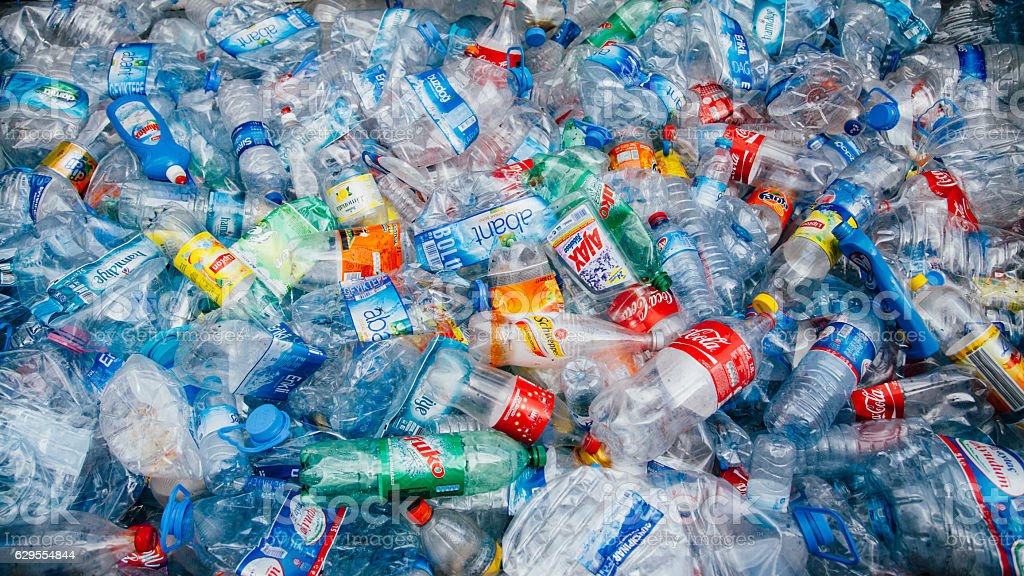Global environmental network, Greenpeace has warned that recycling plastic can make it more toxic and should not be considered a solution to the pollution crisis.
This is coming just before the latest round of negotiations for an international plastics treaty.
“Plastics are inherently incompatible with a circular economy,” the network said in its latest report that brings together research showing recycled plastics are more toxic than their virgin constituents.
The report which was timed to coincide with the beginning of fresh talks for a potential global plastics treaty, comes as separate research has found breaking down plastics for recycling scatters microplastic pollution into the environment.
Recall that representatives from 173 countries in 2022, agreed to develop a legally binding treaty covering the “full lifecycle” of plastics from production to disposal, to be negotiated over the next two years.
Read also: UK students pledge ‘career boycott’ of insurers over fossil fuels
Next week they are expected to meet in Paris, for talks that have already been criticised for excluding communities in developing countries harmed by dumping and burning of plastic waste, as well as marginalised waste pickers, who are crucial to recycling.
Without those voices, the fear is that negotiations will be swayed by corporate interests. “The plastics industry – including fossil fuel, petrochemical and consumer goods companies – continues to put forward plastic recycling as the solution to the plastic pollution crisis,” said Graham Forbes, who leads Greenpeace USA’s global plastics campaign.
Since the 1950s, about 8bn tonnes of plastic has been produced. Among other things, the Greenpeace report catalogues peer-reviewed research and international studies showing not only that just a tiny proportion (9%) of plastics are ever recycled, but also that those that are end up with higher concentrations of toxic chemicals, multiplying their potential harm to human, animal and environmental health.
The report showed that recycled plastics often contain higher levels of chemicals such as toxic flame retardants, benzene and other carcinogens, environmental pollutants including brominated and chlorinated dioxins, and numerous endocrine disruptors that can cause changes to the body’s natural hormone levels.
Story was adapted from the Guardian.
